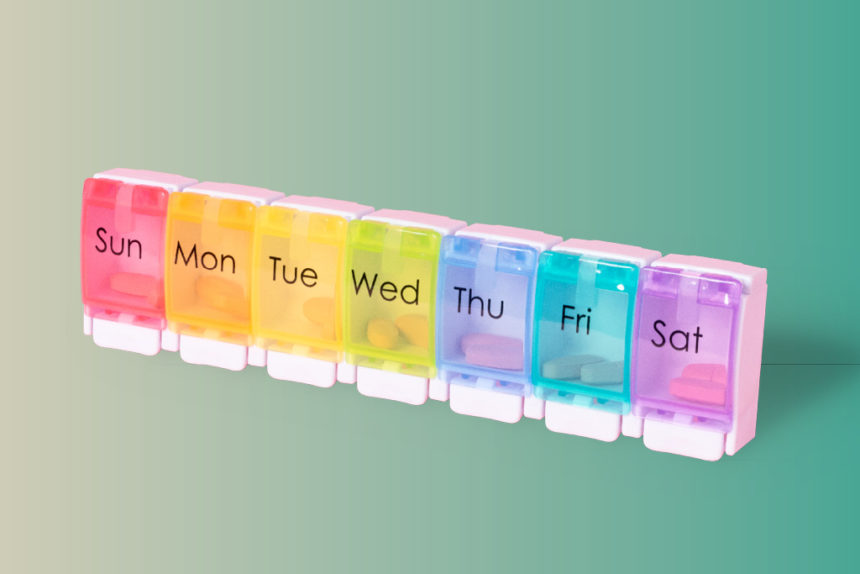Steady growth in biopharma’s R&D spend and in the number of new drugs coming to market has, to a large extent, fueled a boom in the healthcare commercialization sector the last few years. But a slowdown in approvals at the Food and Drug Administration risks throwing a monkey wrench into the growth.
That was the case for OptimizeRx, which blamed its lower-than-expected second-quarter earnings on the approvals lag. The company, which assists pharma firms in marketing their medicines, swung to a net loss of $3.9 million, or 21 cents a share, from net earnings of $352,100, or two cents a share, the previous year.
Management also lowered OptimizeRx’s full-year financial outlook to a range of $62 million to $68 million, or year-on-year growth of 1% to 11%, respectively. That’s down from a range of $80 million to $85 million, or year-on-year growth of 31% to 39%, respectively.
“We have experienced some short-term headwinds as reflected in our quarterly results,” CEO Will Febbo acknowledged during the firm’s second-quarter earnings call.
Those headwinds, he noted, are linked to a significant year-over-year reduction in drug approvals by the FDA, which has impacted the timing of new product launches. The agency greenlighted a mere six new molecular entities in the second quarter, following only 10 in the first.
“We saw delays in several very large enterprise deals as a result of timing around brand launch dates,” Febbo said. “We believe a lot of this is tied to bandwidth issues at the FDA as they have seen substantial employee turnover in recent months, which has resulted in novel new drug approvals decreasing by over 40% when compared to 2021.”
A new FDA commissioner, agency reviewers exercising more rigor in the wake of the controversy enveloping Alzheimer’s drug Aduhelm, and a potential increase in complete response letters have been cited by industry watchers as possible reasons for the approval slowdown. But what’s really behind it remains unclear.
Febbo, who reported that 20%-30% of his company’s business is in new drug launches (versus engagements with existing or in-line brands), said increased turnover rates at client companies and longer sales cycles associated with larger deal sizes also drove the firm to downgrade its second-half forecast.
The reduced FDA output adds to the general malaise of what’s been a biotech bear market, characterized by falling company valuations and a shrinking number of initial public offerings. That said, marketing execs perceive the life sciences industry challenges as a temporary blip.
Michelle Keefe, CEO of pharma services firm Syneos Health, cited slower decision-making by some of the firm’s pharma customers, which led to a deceleration in its ability to book business.
“But a lot of this is delays, it’s not decisions, right?” Keefe said during her firm’s investor call.
Those delays came in the company’s small and mid-cap biotech portfolio, which Syneos attributed to broader effects of the COVID-19 pandemic roiling the global economy and financial markets.
While Syneos’ commercial business enjoyed a strong quarter, growing revenue by 15.7% versus the year-ago period to $335 million, it lowered overall revenue guidance for the second half. It’s now guiding to a range of $5.44 billion to $5.54 billion, versus Wall Street’s consensus estimate of $5.66 billion.
And don’t even think of interpreting these headwinds as a return to the grander malaise of the late aughts. From 2008 to 2012, an unusually large number of patent expirations conspired with a low number of new product approvals to create what was referred to at the time as “pharmageddon.”
“At that time, there was an unusual [set of] circumstances where we had a trough in the new approvals and a peak in loss of exclusivity,” recalled Ari Bousbib, chairman and CEO of IQVIA, whose Q2 results topped Wall Street expectations.
“But today, we don’t see that,” he continued. “We know the pipeline, we know the molecules in the pipeline that are supposed to be approved and the expiries and so on, and we see none of that anytime soon. We’re not concerned and we feel that the commercial business is fairly well insulated.”
Asked about the impact of a recession on his company’s consulting business — usually the most “discretionary” area of spend among the pharma service giant’s clients — Bousbib responded, “The pharma commercial business is largely driven by the net of new approvals versus patent or loss of exclusivity, and usually that’s a net positive.”
A lot of people in the industry are hoping it stays that way.







